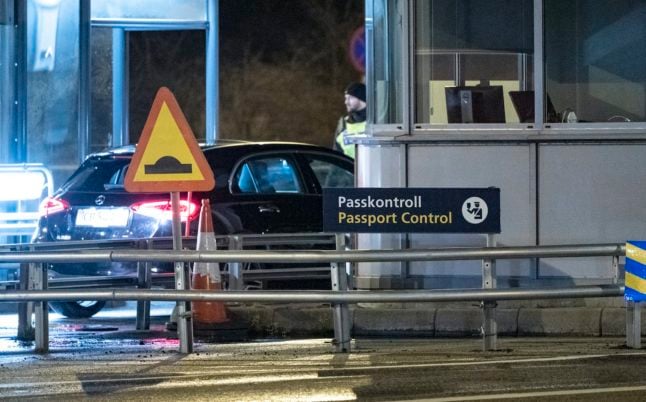“All pupils, including immigrant girls, have the right to swimming lessons and to take part in physical and sexual education classes,” Björklund and Sabuni argue in an opinion article in Dagens Nyheter on Sunday.
Liberal party leader and education minister, Jan Björklund, and integration minister, Nyamko Sabuni, write that the right to exemptions from these classes will be removed in a new legislative proposal to be circulated for consideration during the summer.
The ministers underline that immigration is beneficial to Sweden while they point out that in Sweden all children have the right to the knowledge offered by the schools, “regardless of whether the parents like it or not.”
Björklund and Sabuni argue that far too many pupils, especially girls, in Sweden currently have their schooling “curtailed” by families with strong “honour traditions.”
They point out that in many such families the freedom of women is often seen as a threat to the family.
“The will of the girls is often subordinated to what is considered to be the best interests of the family; the men’s, or the group’s, “honour” based on the girl’s sexual behaviour.”
This situation can result in girls being denied the right to participate in physical and sexual education classes, something the ministers hope the new law will put a stop to.
Björklund and Sabuni base their arguments on a recent survey of school pupils in Stockholm.
The survey, by researchers at Stockholm University, indicates that 10 percent of pupils in the city’s schools regularly avoid participating in the subjects and school outings.
The survey shows that among the girls within this group, many replied that they could not participate because it would be contrary to their family’s religion or culture.
The ministers refer to a further study conducted by Anders Lange and the Living History Forum that indicates that almost 25 percent of teachers been asked for an exemption from physical education or swimming classes, and 14 percent from sexual education classes.
Björklund and Sabuni argue that the figures indicate that the problem with “honour culture oppression” could be greater than previously apparent.
“Taken to its extreme the oppression is a direct threat to the child’s life, but even if it does not go to such drastic lengths it almost always violates the child’s fundamental rights.”
The right to seek exemption from certain school subjects dates back to 1950 when the Swedish school curriculum still taught Christianity. Catholic and Jewish children were then able to be exempt from the classes and could attend equivalent classes organized by their own faith groups.
The right to seek exemption with reference to specific circumstances in the home was enshrined in the school laws passed in 1962 and then again in 1985.
The new law will limit this possibility to only very exceptional cases but will allow for classes to be organized to avoid “sensitive situations”, thus permitting girls and boys to be educated separately.



 Please whitelist us to continue reading.
Please whitelist us to continue reading.
Member comments